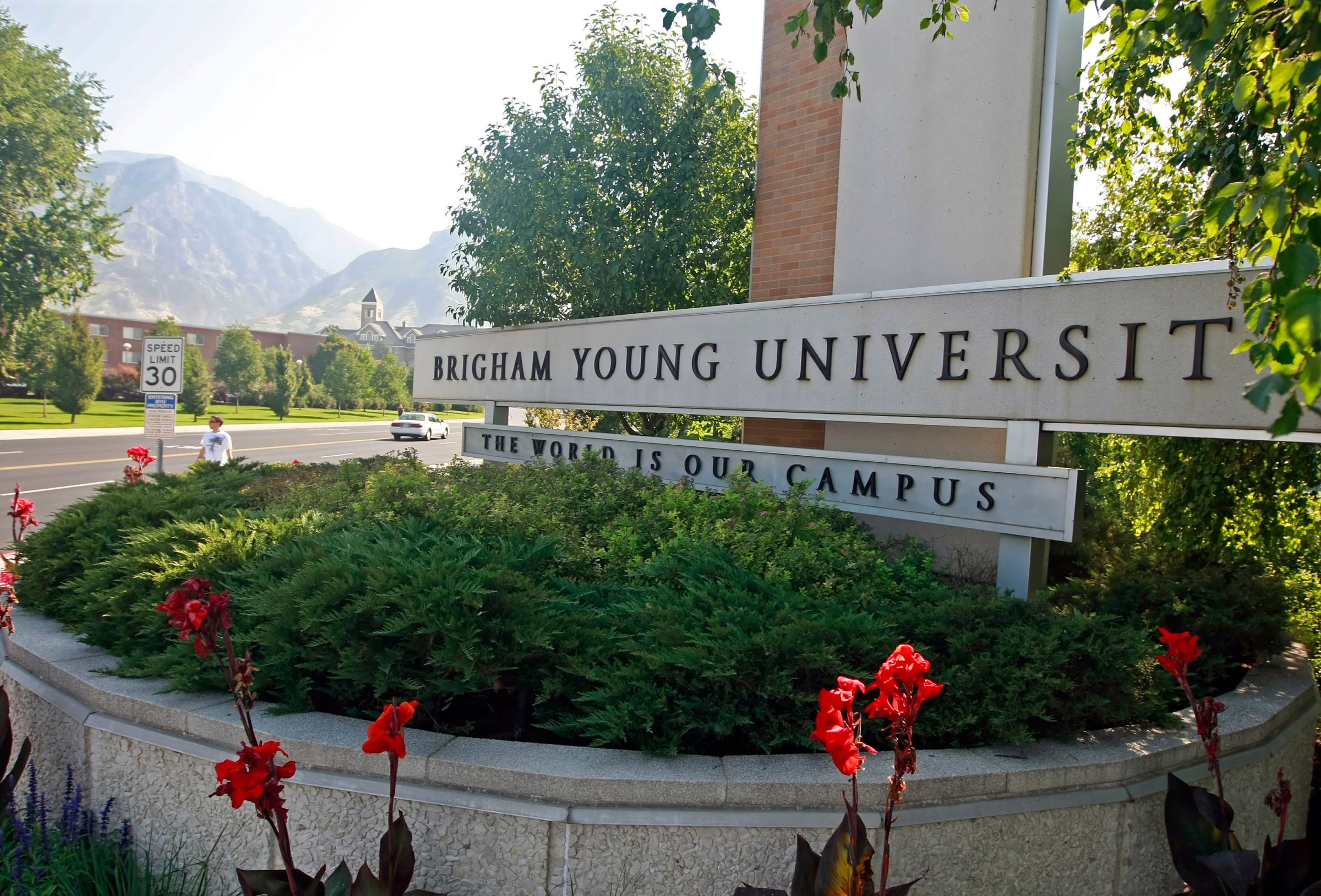
Students who report being sexually assaulted at Brigham Young University will no longer be investigated under the Mormon-run school‘s honor code, which bars premarital sex and alcohol use.
The new amnesty policy, which was announced Wednesday, is part of an overhaul to the university’s much-scrutinized sexual assault policies, the Salt Lake Tribune reports. Brigham Young has a sexual misconduct policy, which says that the University will take all steps to prevent and punish any type of sexual misconduct. But sexual assault survivors at BYU said that they were being investigated for potential violations of Brigham Young’s strict honor code, which requires students to “live a chaste and virtuous life.”
The school’s sexual assault policies garnered national attention in April when a former, Madi Barney, filed a federal complaint against BYU, alleging Title IX violations. Barney says that after she reported to Utah police that she was raped — off-campus by an individual who wasn’t a student — she received notice that she would be investigated for potential honor code violations. Barney declined to participate in the investigation at the advice of prosecutors, and was subsequently barred from registering for classes.
After Barney came forward, the Salt Lake Tribune reported that Barney’s wasn’t an isolated case: a number of other students who say they were sexually assaulted were also investigated — and, in some cases, disciplined — for violating the honor code. Barney started a petition in April asking BYU to stop punishing sexual assault survivors for honor code violations, which received over 115,000 signatures. The Department of Education’s Office of Civil Rights opened up a federal investigation into BYU in August.
Initially, BYU stood by its policy. At an April forum on rape awareness, the school’s then-Title IX coordinator Sarah Westerberg said that her office would “not apologize” for “addressing Honor Code violations,” according to the Tribune. Westerberg did admit, however, that BYU’s methods might discourage survivors from coming forward.
But after appointing an internal advisory counsel to look into the issue, the school reversed course on Wednesday. In addition to the amnesty policy, BYU announced Westerberg would no longer serve as Title IX coordinator and that the school would physically separate the Title IX office and Honor Code Offices to minimize interaction. Additionally, the school will hire a victim’s advocate who sexual assault survivors can speak to confidentially.
“I am encouraged that BYU has said that these policies are living, growing and ongoing,” Barney told the Tribune about the policy changes. “I want BYU, and the community, to continue to look for ways we can help and support survivors.”
More Must-Reads From TIME
- The 100 Most Influential People of 2024
- Coco Gauff Is Playing for Herself Now
- Scenes From Pro-Palestinian Encampments Across U.S. Universities
- 6 Compliments That Land Every Time
- If You're Dating Right Now , You're Brave: Column
- The AI That Could Heal a Divided Internet
- Fallout Is a Brilliant Model for the Future of Video Game Adaptations
- Want Weekly Recs on What to Watch, Read, and More? Sign Up for Worth Your Time
Write to Samantha Cooney at samantha.cooney@time.com